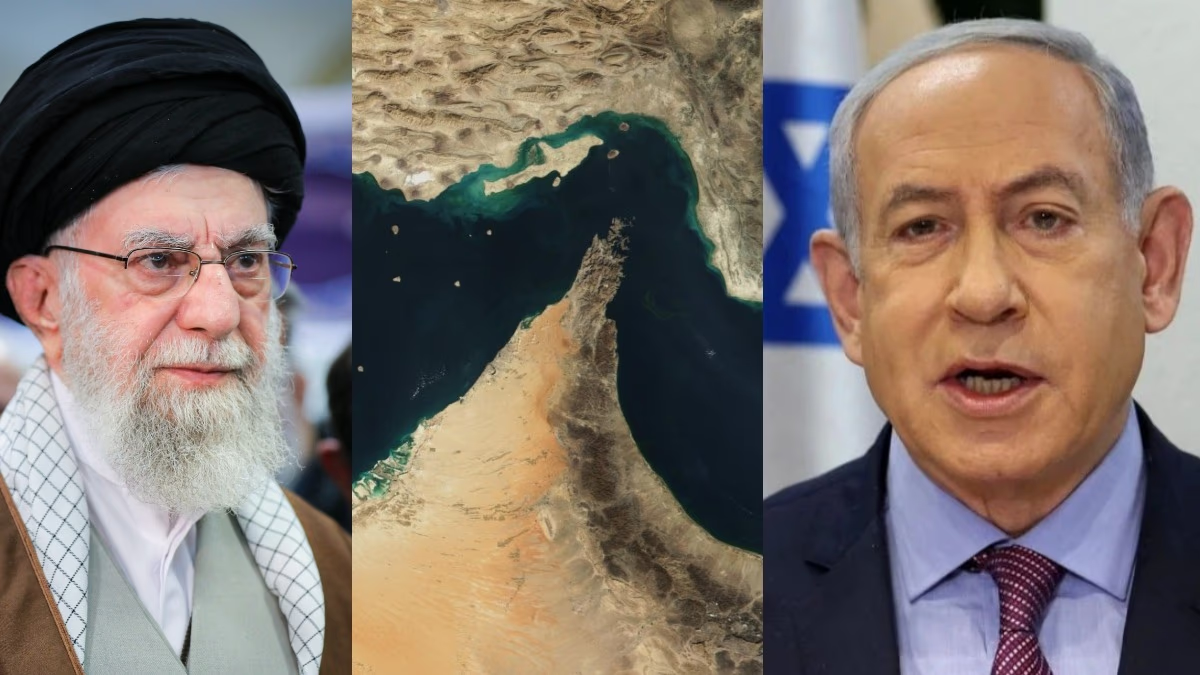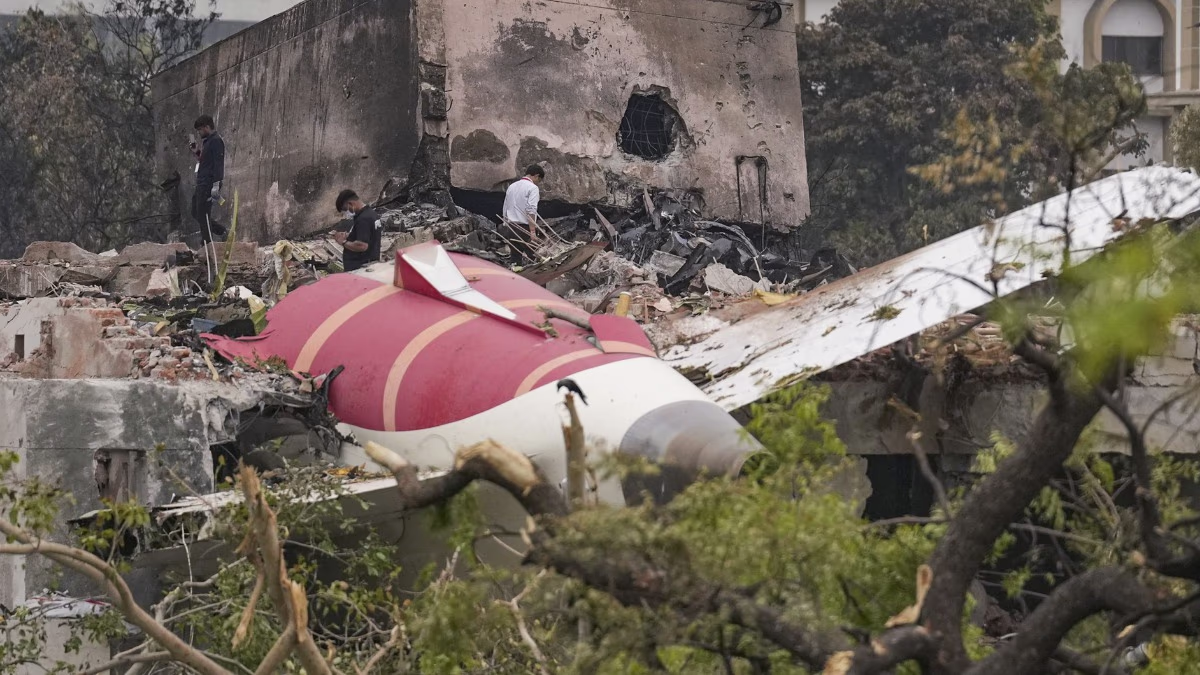The conflict between Iran and Israel (Iran Israel Conflict) has escalated dramatically. In a bold move, Israel launched airstrikes under 'Operation Rising Lion' early Friday, targeting several Iranian sites, which resulted in the deaths of 6 scientists and numerous military commanders. Responding fiercely, Iran executed its 'True Promise Three' operation, launching over 100 missiles.
In response to Israel's attack, Iran declared a state of emergency and closed its airspace. The price of crude oil has spiked by an impressive 8% in the span of just one day. Additionally, forecasts suggest these prices could experience further fluctuations. There are also concerns that India's logistics export-import could be hit, potentially increasing export costs by 20%.
Could Iran's Actions Unleash Global Crisis?
Amid escalating tensions between Iran and Israel (Iran Israel Tension), the world grapples with heightened concerns. Speculation abounds that Iran might blockade the Strait of Hormuz. If such a blockade happens, it would threaten a significant disruption in the global crude oil supply as this is the world's busiest oil passageway. Nonetheless, many defense analysts and energy economists believe it's highly improbable for Iran to completely close the Strait of Hormuz.
Will Iran Take This Step?
Experts opine that Iran would not risk closing the Strait of Hormuz. They believe Tehran might increase rhetoric or harass ships, but blocking the world's busiest oil route would be economically self-destructive.
Amid escalating tensions between Israel and Iran, speculation persists. Radical voices have suggested blocking the Strait of Hormuz, a critical chokepoint through which 20% of the world's oil passes daily.
Why a Total Closure Seems Unlikely?
Self-Inflicted Harm: Iran exports most of its oil and imports essential goods through this route. Closing it would weaken its own economy and isolate key allies like China, which buys more than 75% of Iran's crude oil.
Military Risks: The U.S. Navy's Fifth Fleet, along with allies Britain and France, patrol the waterway. Total blockade would likely provoke a Western military response.
Track Record: Iran has previously issued similar threats but has never acted on them. A shipping analyst noted that they've used threats as leverage, not for action.
Markets Already Suffering
Without an outright blockade, global oil markets are reacting sharply. Following Israeli strikes, Brent Crude surged by 11% in two days. If tensions escalate, prices could surpass $100-120 per barrel. Global LNG markets, reliant on Qatari exports via Hormuz, stand at risk.
Already, the Israel-Iran tensions have led to route alterations and increased war risk insurance premiums. Some shipowners are avoiding Gulf routes to protect against potential Iranian retaliation or maritime tensions.
What Impact on India?
India imports nearly two-thirds of its crude oil and about half of its LNG through Hormuz, making it vulnerable to disruption. Increasing oil and gas prices could exacerbate domestic inflation. Rising import bills could widen the current account deficit and depreciate the Rupee. Moreover, aviation, logistics, tire, and manufacturing sectors could face cost growth.
Although India maintains strategic oil reserves, experts caution that these reserves are designed for short-term supply shocks rather than enduring disruptions from regional wars.




